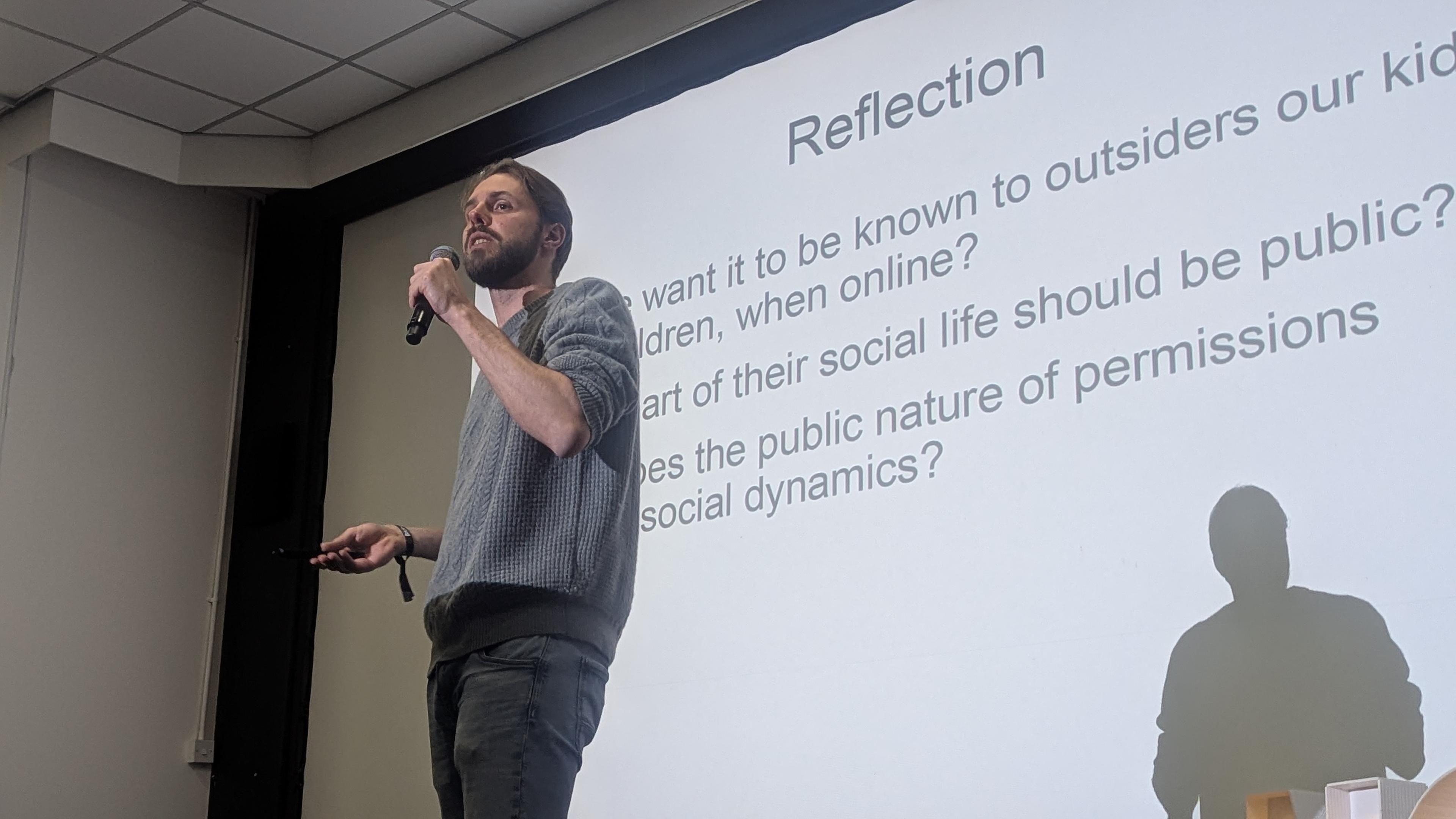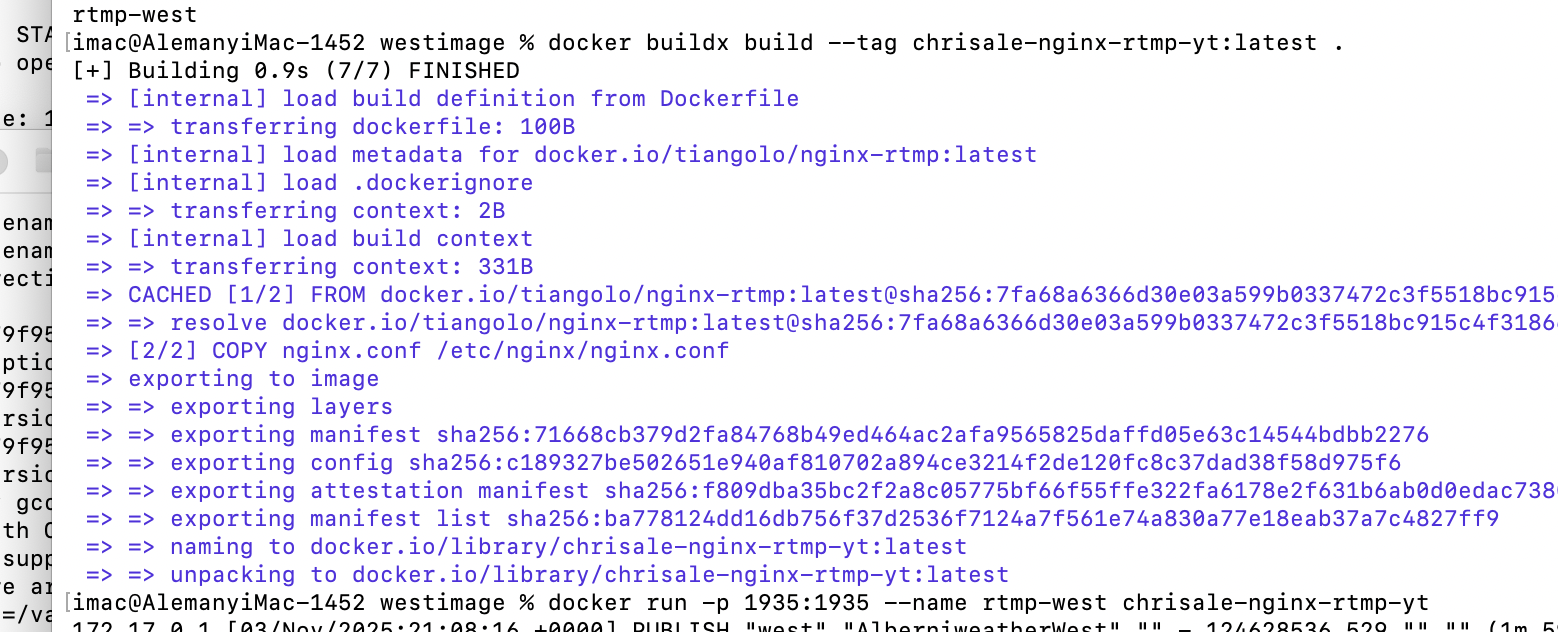2026-01-25 19:39:35
I explained something for a friend in a simple way, and I think it's worth paraphrasing again here.
You cannot create a system that constrains itself. Any constraint on a system must be external to the system, or that constraint can be ignored or removed. That's just how systems work. Every constitution for every country claims to do this impossible thing, a thing proven is impossible almost 100 years ago now. Gödel's loophole has been known to exist since 1947.
Every constitution in the world, every "separation of powers" and set of "checks and balances," attempts to do something which is categorically impossible. Every government is always, at best, a few steps away from authoritarianism. From this, we would then expect that governments trand towards authoritarianism. Which, of course, is what we see historically.
Constraints on power are a formality, because no real controls can possibly exist. So then democratic processes become sort of collective classifiers that try to select only people who won't plunge the country into a dictatorship. Again, because this claim of restrictions on powers is a lie (willful or ignorant, a lie reguardless) that classifier has to be correct 100% of the time (even assuming a best case scenario). That's statistically unlikely.
So as long as you have a system of concentrated power, you will have the worst people attracted to it, and you will inevitably have that power fall into the hands of one of the worst possible person.
Fortunately, there is an alternative. The alternative is to not centralize power. In the security world we try to design systems that assume compromise and minimize impact, rather than just assuming that we will be right 100% of the time. If you build systems that maximially distribute power, then you minimize the impact of one horrible person.
Now, I didn't mention this because we're both already under enough stress, but...
Almost 90% of the nuclear weapons deployed around the world are in the hands of ghoulish dictators. Only two of the countries with nuclear weapons not straight up authoritarian, but they're not far off. We're one crashout away from steralizing the surface of the Earth with nuclear hellfire. Maybe countries shouldn't exist, and *definitely* multiple thousands of nuclear weapons shouldn't exist and shouldn't all be wired together to launch as soon as one of these assholes goes a bit too far sideways.







